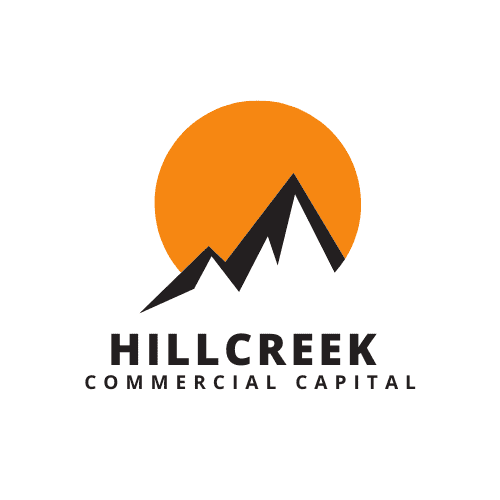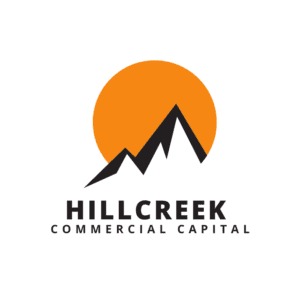SBA 7A Commercial Real Estate Loans
The SBA 7(a) loan program stands as the principal avenue through
which the Small Business Administration aids small businesses in
obtaining financing. These loans, widely guaranteed by the SBA,
constitute the most prevalent type of loans, with the administration
backing tens of thousands annually. Although businesses must adhere
to stringent criteria for eligibility, numerous small enterprises, including
those in the real estate sector, qualify for SBA 7(a) loans.
SBA 7A Commercial Real Estate Loan Terms
Eligible Properties: | Office, Warehouse/Industrial, Mixed Use, Retail, Medical/Healthcare, Self Storage, Hotel/Motel |
Loan amount range: | Maximum of $5,000,000 |
Interest Rate: | Prime + 2.75%. See LIBROR rates. |
Loan Term: | Up to 25 years for commercial properties |
Maximum LTV: | 75% For Loans Over $150,000 |
Minimum DSCR | 1.25x |
Recourse | Typically Full-recourse. |
Prepayment: | For loans with maturities of 15 years or more if prepaid during the first 3 years. (5% year 1, 3% year 2 and 1% year 3) |
Guaranty Fees: | Above $700,000=3.5% up to the 1st million, plus .25% on the guaranty portion over $1 million. |
Collateral: | SBA requires that the lender collateralize the loan to the maximum extent possible up to the loan amount on loans over $350,000. Personal guarantees are required for owners that have a 20% or more stake in the business. |
Pros of SBA 7(a) Loans:
- Flexibility in Underwriting: Adaptable criteria for evaluating loan applications.
- Lower Interest Rates: Typically offers more competitive interest rates compared to alternative financing options.
- Extended Loan Terms: Up to 25 years for real estate, 10 years for equipment, and 10 years for working capital or inventory.
- Flexible Collateral Requirements: Allows for versatility in the types of collateral accepted.
- Prohibited Fees: Lenders are restricted from charging specific fees, including insurance service fees, add-on interest charges, legal service fees (with some exceptions), and broker referral fees.
Cons of SBA 7(a) Loans:
- Collateral Requirement: Mandates the use of all business assets as collateral; personal assets may be necessary if business assets are insufficient.
- Equity Requirement: Demands significant equity in the business; startups usually need $1 invested for every $3 in SBA 7(a) loans, while established businesses typically require $1 invested for every $4 in SBA financing.
- Debt Restriction: Cannot be utilized for businesses seeking to settle unsecured debt.
- Credit History Disclosure: Requires borrowers to divulge personal and business credit histories.
- Prepayment Penalties: Applied to loans with a term exceeding 15 years.
- Guarantee Fees: Imposed by the SBA on loans surpassing $1 million.

